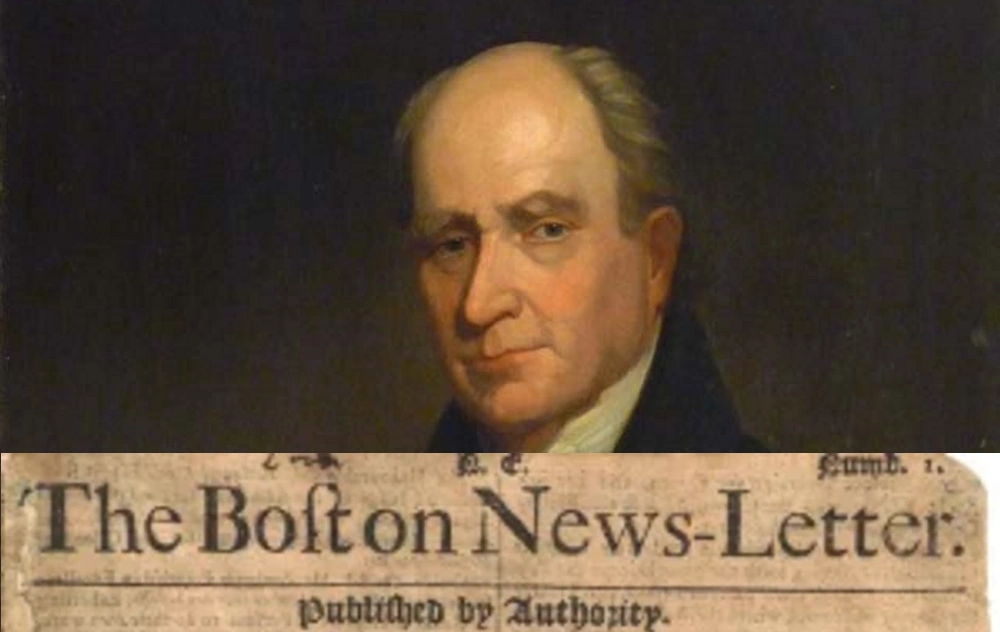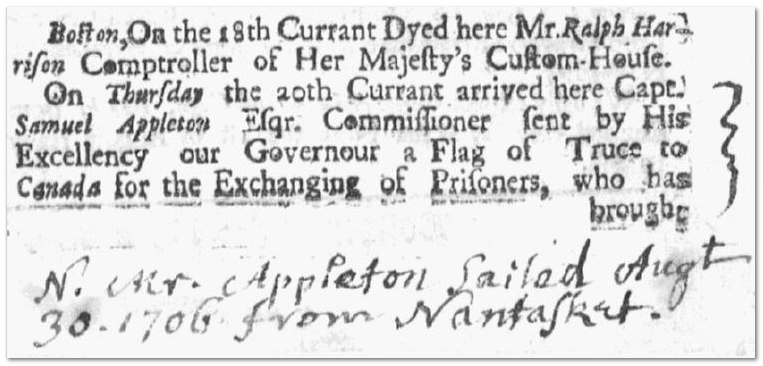The Boston Newsletter was the first published newspaper in British North America. It was founded by postmaster John Campbell in Boston, Massachusetts, and the first edition was posted on April 24, 1704. The Boston Newsletter was a single sheet of paper, printed on both sides and contained news and information from Europe and the colonies, as well as local news and advertisements. It was published weekly and was distributed by post throughout the colonies. The newspaper played an important role in shaping public opinion and spreading information when communication was slow and unreliable. It covered many topics, including politics, commerce, science, and religion. The Boston Newsletter was published when America was still a British colony. The British Empire governed the thirteen colonies, and tensions were brewing between the colonists and the British government over taxation and representation. The relevance for the American Revolution was that The Boston Newsletter played a role in the lead-up to the American Revolution, which began in 1775. The newspaper reported on important events such as the Boston Tea Party and the Boston Massacre, which helped fuel revolutionary sentiment among the colonists. Also, the Freedom of the Press, the Boston Newsletter, was an important example of freedom of the press in America. The newspaper could publish articles about the British government without fear of censorship or punishment. This helped establish a tradition of free speech and the press in the United States. The Boston Newsletter provides valuable insights into colonial America’s social, political, and cultural environment. The Boston Newsletter was created when the printing press had become an increasingly important means of disseminating news and information. With the expansion of printing technology, newspapers could reach a larger audience than ever. The Boston Newsletter reflects this trend, providing readers with updates on local and international news and advertisements, announcements, and other information. Another aspect of The Boston Newsletter’s importance is trade and commerce. The Boston Newsletter also provides insights into the importance of trade and business in colonial America. The newspaper carried advertisements for goods and services, reflecting the growing commercialization of the economy. It also reported on issues related to shipping and trade, highlighting the importance of maritime commerce to the colonies. The source “History of Publishing” by Akanksha Gaur provides a historical overview of the emergence of newspapers in the Western world, including the first newspaper published in America, the Boston News-Letter. The author’s artistic choices, such as word choice and visual composition, serve to convey the importance and impact of the Boston Newsletter in shaping American history. Furthermore, the author’s word choice in describing the Boston Newsletter highlights the newspaper’s pioneering role in American journalism. The author refers to the Boston Newsletter as “the first continuously published newspaper in America” and notes that it “initiated the tradition of independent, nonpartisan journalism that remains an essential part of the democratic process.” These phrases emphasize the historical significance of the Boston News Letter and its impact on American journalism and politics. Gaur also uses vivid and descriptive language to evoke the atmosphere of early American newspapers. For example, the author describes how early newspapers were “crowded with news from Europe, advertisements for books and medicines, and extracts from other newspapers.” This description helps to transport the reader back in time and convey the bustling energy of early American newspaper.


